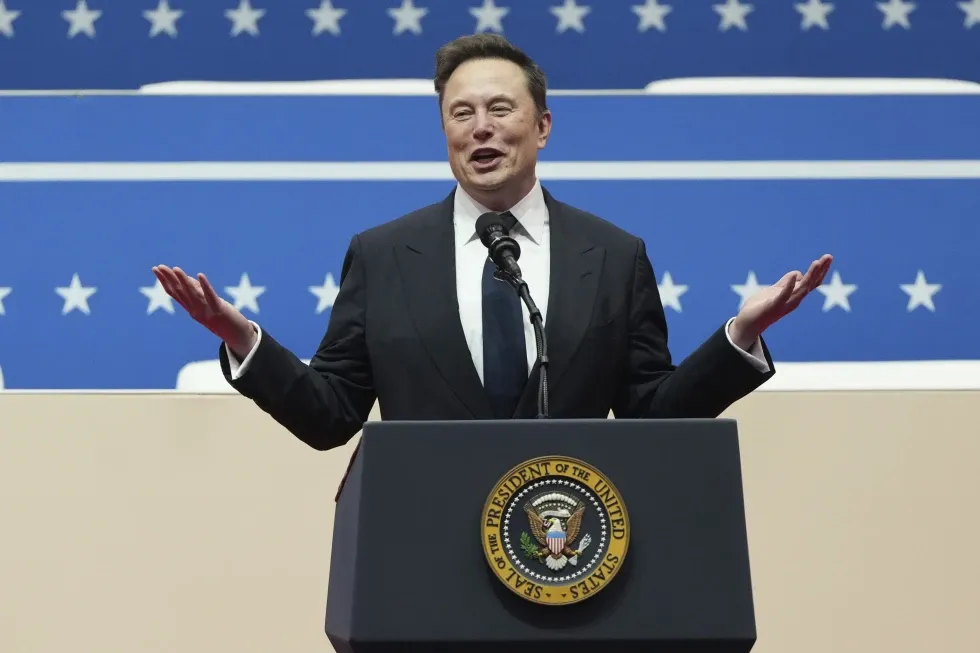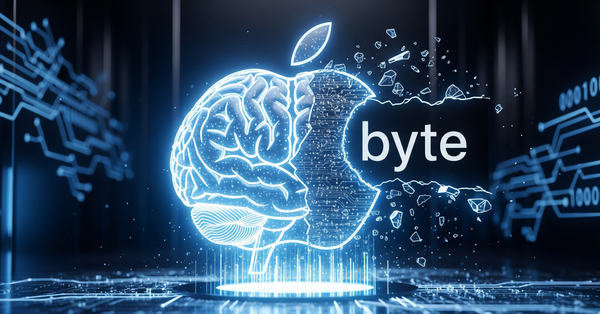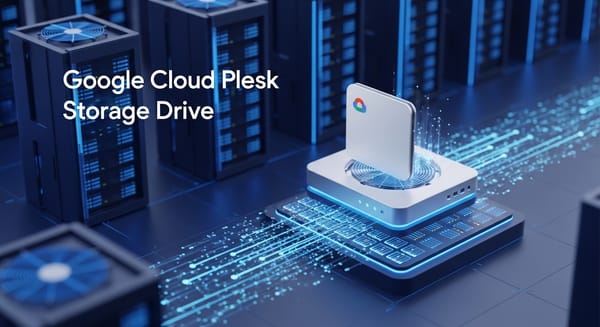Elon Musk’s DOGE and Its Access to the U.S. Treasury Payment System: Efficiency or Overreach?
Senator Wyden has demanded answers from Secretary Bessent about the legal basis for granting DOGE such sweeping authority.

On February 1, 2025, Treasury Secretary Scott Bessent granted Elon Musk’s Department of Government Efficiency (DOGE) unprecedented access to the U.S. Treasury’s federal payment system. This system processes over $6 trillion annually, including Social Security, Medicare, tax refunds, and payments to government contractors. While Musk and his team claim this move will root out inefficiencies and fraud, critics warn of potential overreach, conflicts of interest, and risks to national security. Here’s a comprehensive analysis of what this development means for the U.S. government, its citizens, and the economy.
What Is DOGE?
The Department of Government Efficiency (DOGE) is not a formal government agency but a task force established by President Donald Trump to streamline federal operations. Led by Elon Musk, DOGE’s mission is to identify wasteful spending, reduce the federal workforce, and modernize bureaucratic systems. Musk has set ambitious goals for DOGE, including cutting $4 billion in daily federal expenditures by 2026 and reducing the federal deficit from $2 trillion to $1 trillion. DOGE’s approach leverages private-sector principles such as automation, artificial intelligence (AI), and blockchain technology to overhaul outdated government systems. While proponents argue that Musk’s technological expertise could revolutionize federal operations, skeptics question whether these methods are appropriate for managing critical public services.
Access to the Treasury Payment System
The Treasury payment system is one of the most sensitive financial infrastructures in the U.S., handling over 1.3 billion transactions annually. Historically, access to this system has been tightly restricted due to its role in disbursing funds for essential programs like Social Security and Medicare. Under Bessent’s authorization, DOGE now has full access to this system. The decision followed resistance from David Lebryk, a senior Treasury official who was placed on leave and subsequently retired after refusing to grant DOGE access. Critics argue that this move undermines career civil servants and could politicize financial governance.
Musk’s Claims of Fraud
Elon Musk has alleged that Treasury payment officers were instructed to approve all payments indiscriminately, even those flagged as fraudulent or linked to terrorist organizations. He claimed on social media that “not a single payment was ever denied” by these officers throughout their careers. However, Musk has yet to provide evidence supporting these assertions. The Bureau of Fiscal Service, which oversees the payment system, relies on individual agencies to vet payments before submission. Former officials have stated that the Treasury’s role is more akin to a payroll processor than an auditor. Critics argue that Musk’s claims may be exaggerated or misinformed about the system’s operational structure.
Supporters vs. Critics: A Divided Response
Supporters’ Perspective
- Efficiency Gains: Proponents believe DOGE’s access could eliminate wasteful spending and improve accountability in federal disbursements.
- Modernization: Musk’s expertise in AI and blockchain could help modernize outdated systems, potentially saving billions in taxpayer dollars.
- Fraud Prevention: If Musk’s claims of unchecked fraudulent payments are accurate, DOGE’s oversight could address systemic vulnerabilities.
Critics’ Concerns
- National Security Risks: Senator Ron Wyden has raised alarms about potential cybersecurity threats stemming from Musk’s business ties with China.
- Conflicts of Interest: Critics worry that DOGE could misuse its access to benefit Musk-owned companies or politically motivated agendas.
- Undermining Democracy: Lawmakers argue that granting an unelected billionaire control over critical financial systems undermines congressional authority and public trust.
- Impact on Essential Services: Drastic spending cuts proposed by DOGE could jeopardize programs like Social Security and Medicare.
The Fallout: Resignations and Political Backlash
The decision to grant DOGE access has already led to significant upheaval within the Treasury Department. David Lebryk’s abrupt retirement after 30 years of service highlights tensions between career officials and political appointees. Additionally, reports suggest that DOGE may be seeking similar access across other federal agencies, raising further concerns about overreach. Senator Wyden has demanded answers from Secretary Bessent about the legal basis for granting DOGE such sweeping authority. He warned that politically motivated meddling in payment systems could “severely damage” the economy and erode public confidence in government institutions.
Potential Implications
For Government Operations
- Increased Scrutiny: DOGE’s involvement could lead to tighter controls over federal spending but may also slow down essential disbursements.
- Technological Overhaul: If successful, Musk’s proposed use of blockchain and AI could set a precedent for modernizing government systems globally.
For Citizens
- Privacy Concerns: With access to sensitive data like Social Security numbers and tax records, DOGE’s involvement raises questions about data security.
- Service Disruptions: Aggressive cost-cutting measures could delay or reduce benefits for millions of Americans relying on federal programs.
For National Security
- Cybersecurity Risks: Critics argue that Musk’s business dealings with China pose a risk of foreign interference or data breaches.
- Economic Stability: Mismanagement of payment systems could undermine the full faith and credit of the U.S., especially amid ongoing debt ceiling debates.
The Bigger Picture: Efficiency vs. Accountability
The controversy surrounding DOGE reflects broader tensions between efficiency-driven reforms and democratic accountability. While Musk’s private-sector approach promises innovation, it also raises ethical questions about concentrated power in public governance.
Key Questions Moving Forward
- How will DOGE balance efficiency with transparency and accountability?
- What safeguards are in place to prevent misuse of sensitive data?
- Can technological innovation coexist with traditional democratic oversight?
Conclusion
Elon Musk’s Department of Government Efficiency represents both an opportunity and a challenge for U.S. governance. While its mission to streamline operations aligns with long-standing calls for reform, its methods and implications have sparked widespread debate. As DOGE begins its work within the Treasury payment system, all eyes will be on whether it delivers on its promises without compromising public trust or national security. For now, the question remains: Is this a bold step toward modernization or a dangerous experiment in centralized power? Only time will tell.




